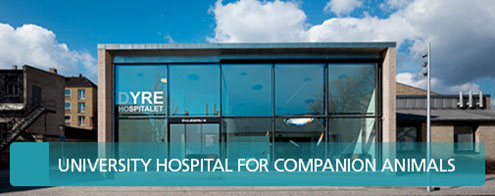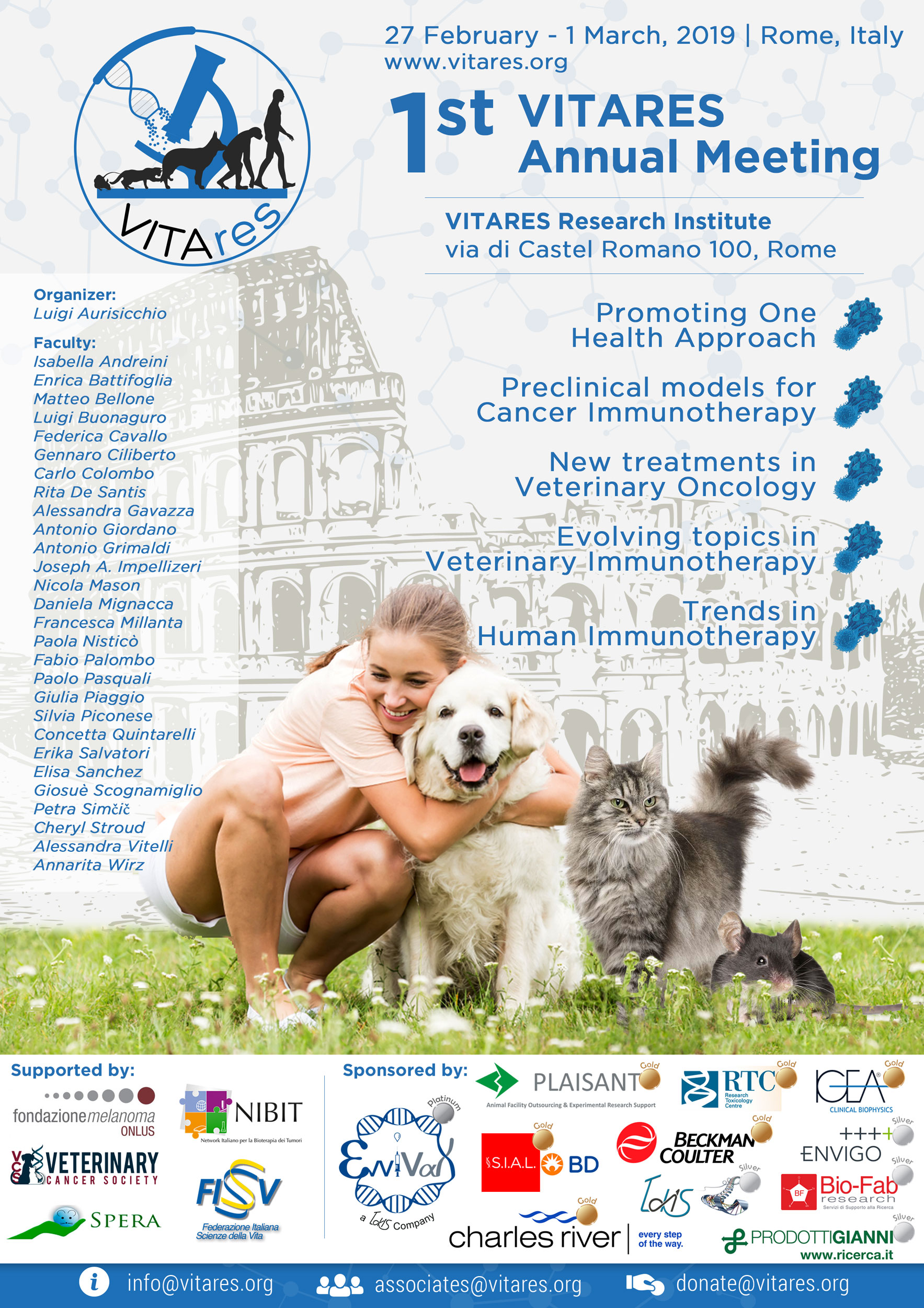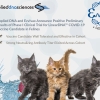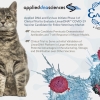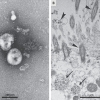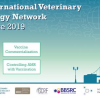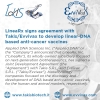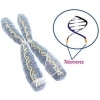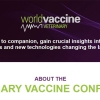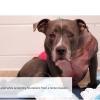STONY BROOK, N.Y. – September 16, 2020 - Applied DNA Sciences, Inc. (NASDAQ: APDN) (“Applied DNA” or the "Company"), a leader in Polymerase Chain Reaction (PCR)-based DNA manufacturing that enables in vitro diagnostics, preclinical nucleic acid-based therapeutic drug candidates, supply chain security, anti-counterfeiting and anti-theft technology, today announced that it and Evvivax, S.R.L., a spin-out of Takis Biotech focused on engineered veterinary immunotherapy and vaccines, are expected to initiate a veterinary clinical trial of one of the Company’s five LineaDNA™ vaccine candidates upon approval of the clinical plan by the U.S. Department of Agriculture. The goal of the vaccine trial is to evaluate the vaccine candidate as a strategy for the prevention of SARS-CoV-2 (COVID-19) (a zoonotic disease) infections in companion felines of humans. The clinical trial will seek to understand the immune response in cats by utilizing a vaccination strategy of interest in people that could yield valuable data for both cats and humans.
In addition to curbing feline SARS-CoV-2 infections, the vaccine may have a secondary benefit of preventing transfer of the SARS-CoV-2 virus from cats to their human owners. While no such transfer has been formally documented to date, there is still much that is unknown about the disease and its transmission across species. The vaccine trial also serves the additional purpose of generating data on larger animals required as part of the Company’s preclinical development work on its vaccine candidates for potential human development.
Veterinary COVID-19 Trial Design
The clinical trial is a New York State-based, single-center trial that intends to enroll 30 healthy domestic feline companion animals and follow them for six months. The study will evaluate domestic feline immune response, safety, and tolerability of the LineaDNA vaccine candidate, which will be injection once per month at 1mg/month for the first three months of the trial. Dosing will be administered intramuscularly via gene electrotransfer utilizing electroporation technology. The primary endpoint is to determine evidence of antibody and T-cell response in the companion felines.
The trial will take place at Guardian Veterinary Specialists in Brewster, N.Y., under the supervision of Dr. Joseph Impellizeri, DVM, DACVIM (O), MRCVS from Veterinary Oncology Services, LLC (link). Applied DNA and Evvivax will co-sponsor the trial. Applied DNA's participation is approximately $100,000, and the Company will supply a quantity of the linear DNA vaccine candidate.
Rationale for COVID-19 Linear DNA Vaccine Candidate for Veterinary Use
In an article titled ‘Susceptibility of ferrets, cats, dogs, and other domesticated animals to SARS-coronavirus 2’ published in Science Magazine on May 29, 2020, the authors of the article conducted research that found that “in cats the virus replicated in the nose and throat and caused inflammatory pathology deeper in the respiratory tract, and airborne transmission did occur between pairs of cats”1. According to the CDC, roughly 60% of human infectious diseases are zoonotic, such as rabies, Lyme disease, West Nile virus, and MERS, among others. Globally and in the United States, COVID-19 positive cats have been reported in small numbers. The World Organization for Animal Health (OIE) indicates that “infection of animals with COVID-19 virus meets the criteria of an emerging disease2.”
Applied DNA’s LineaDNA vaccine candidates for COVID-19 have previously demonstrated evidence of production of antibody and T-cell responses at low doses of linear DNA in preclinical mouse models. The Company believes that linear DNA vaccines have inherent advantages over conventional DNA and RNA vaccines: they contain only the desired therapeutic DNA sequence with reduced risk of antibiotic resistance and genomic integration; they hold the advantages of speed and scalability when manufactured by the Company’s LinearDNA manufacturing platform; they are manufactured at high levels of purity and with very simple means of production; they are much more stable during storage and shipments than RNA-based vaccines which is a practical advantage during a worldwide deployment.
Dr. James A. Hayward, president and CEO of Applied DNA, stated, “Animal health offers an efficient regulatory path with the U.S Department of Agriculture that serves as a second avenue through which to potentially commercialize our linear DNA COVID-19 vaccine development work while having the ancillary benefit of progressing our human related preclinical development work with the data generated from this domestic cat study. Because animals and people can both be affected by this zoonotic virus, and with much of the world’s COVID-19 efforts centered on humans with very little known about its effects on our closest companions with whom we share our homes, we believe it prudent to pursue this avenue for the therapeutic benefit of animals and humans alike.
“The collaboration between Applied DNA and Takis/Evvivax is a natural outgrowth of cooperation between the companies that has its roots in the field of cancer research with the development of a linear DNA telomerase (anti-cancer) vaccine that was progressed to COVID-19 vaccine development work. We now seek to apply the same linear DNA vaccine candidates, whose results in small animal models echo the effectiveness announced by some of the COVID-19 vaccines already in human trials, to a veterinary vaccine candidate.”
Commenting on the collaboration, Dr. Luigi Aurisicchio, Chief Executive and Scientific Officer of Takis Biotech and Evvivax, said, “The holy grail would be to prevent COVID-19 as opposed to waiting for it to start and then treating it. The implications of success of this cat study would be quite large, both for cats and people.”
1 https://science.sciencemag.org/content/sci/368/6494/1016.full.pdf
2 https://www.oie.int/en/scientific-expertise/specific-information-and-recommendations/questions-and-answers-on-2019novel-coronavirus/
STONY BROOK, N.Y. – September 16, 2020





